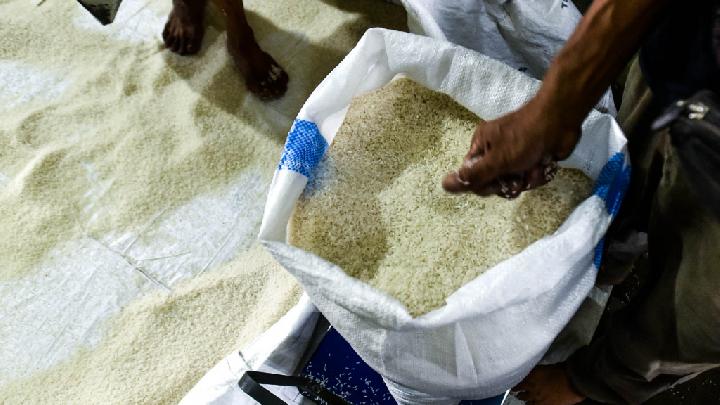TEMPO.CO, Jakarta – Japan’s Ambassador to Indonesia, Masaki Yasushi, revealed that the rice crisis currently hitting Japan is caused by three main factors. The first factor identified by Yasushi is a problem in the rice distribution system.
“Rice has always had a long history, so after purchasing rice, there are many distribution players, and that can lead to delays or price increases,” Yasushi said at a press conference at the Japanese Embassy in Jakarta on Thursday, June 5.
The second factor is poor weather conditions that occurred two to three years ago. According to the Japanese ambassador, those extreme climate conditions severely damaged rice crops, and their effects are still being felt today.
The third factor is a government policy that encouraged farmers to switch from growing rice to cultivating other commodities. “In the past, rice was very cheap, and farmers couldn’t sustain rice production under such conditions. So, the government encouraged them to change crops,” the ambassador said.
That policy led farmers to grow vegetables or even leave the agricultural sector altogether. As a result, the supply of rice became limited, creating a structural problem.
Yasushi emphasized that this situation presents a major challenge requiring a fundamental shift in Japan’s agricultural policy. “We must ensure an adequate food reserve, not necessarily 100 percent, but at least for staple foods like rice,” Yasushi said.
The Japanese government is now considering changes to its agricultural policy approach in order to tackle this ongoing rice crisis.
Editor’s Choice: Japanese Ambassador Invites Indonesian Students to Study in Japan, Citing Affordable Living Costs
Click here to get the latest news updates from Tempo on Google News


AloJapan.com